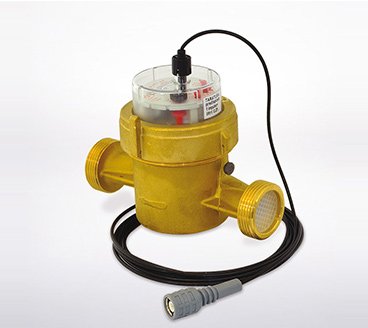- Empty cart.
- Continue Shopping
Ph Electrodes
Features Emec Ph Electrodes Assures Long-Time Stability And Accuracy. Ph Easy-Maintenance Electrodes Provides Accurate Reading Value And Fast Response, Performances Required For The Most Accurate Measurements. Single And Double Junction Models Are Available. Ph Electrodes Double Junction Models Only Are Suitable For Sea-Water. Double Junction System Offers Better Electrode Protection And Guarantees A Longer Service Life. Choose Double Junction Models If You Are Working With Materials Like Sulphide, Sulfur And Silver.
pH electrodes are sensors used to measure the acidity or alkalinity (pH) of a solution. They work by detecting the hydrogen ion concentration in a sample, producing a voltage that correlates to the pH level. pH electrodes are widely used in a variety of applications, including water treatment, food processing, chemical manufacturing, and laboratory research.
Key Features of pH Electrodes:
Accurate pH Measurement: Measures the pH of liquids, providing real-time data on acidity or alkalinity.
Glass or Solid-State Design: Most pH electrodes use a glass bulb that interacts with the solution, but solid-state electrodes are also available for more rugged environments.
Durability: Designed to withstand harsh chemical environments, though some are more sensitive and require careful handling.
Wide Applications: Commonly used in industrial processes, environmental monitoring, laboratory analysis, and quality control.














Reviews
There are no reviews yet.